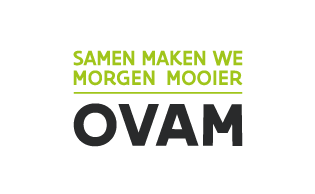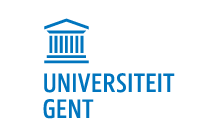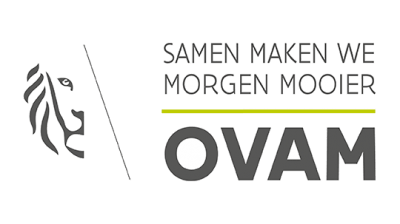How an incineration tax changes waste management practices among firms
Abstract
L. De Weerdt, S. De Jaegher, T. Compernolle, S. Van Passel
Sustainable management of industrial plastic waste is crucial in the transition to a circular economy. Today, most industrial plastic waste is incinerated, whereas it could be recycled. As a consequence, governments increasingly make use of incineration taxes to improve current waste management practices. This paper presents an econometric panel analysis that studies the effects of an incineration tax on industrial plastic waste in Flanders (Belgium). Not only is this study the first econometric analysis on industrial plastic waste management in which firm heterogeneity is explicitly taken into account by including firm-specific characteristics, but this study also provides policymakers with insights into the effectiveness of an incineration tax to change current waste management practices. Empirical estimates imply that heterogeneous firms generate industrial plastic waste in different ways and that heterogeneous firms reduce their waste generation in different ways after the incineration tax rate increases. The estimates also show that the unique decrease of the incineration tax in 2007, did not change waste management practices. These estimates show that firms do not disinvest or indicate that loss aversion theory, i.e. a preference for avoiding losses over acquiring equivalent gains,might apply to firm s that are faced with environmental taxation in a waste management context.

.png)






